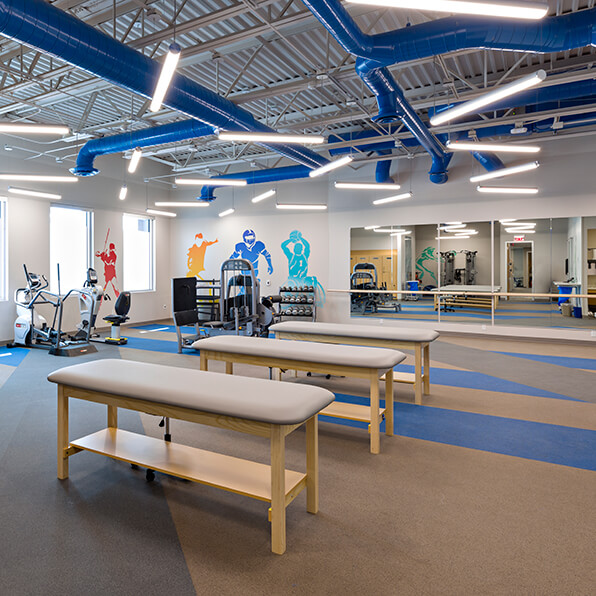Treatment begins with avoiding the activity that causes pain. Many patients may need crutches to take weight off of the affected knee. It is important to keep the knee moving to avoid stiffness and locking. Regularly applying ice to the knee may help with the pain and swelling.
Medication
You can take an over-the-counter pain reliever such as ibuprofen, naproxen sodium, or acetaminophen.
In the absence of arthritis, corticosteroid injections are not typically given because they haven’t been shown to be effective in the long-term treatment of meniscal injuries.
Therapy
Try the following:
- Rest. Be sure to rest the knee, and limit activities that aggravate your symptoms. Try to take the weight off the knee until the pain is gone. If you have mechanical catching or locking that prevents normal motion of the knee joint, you should see a doctor.
- Ice the affected area. Apply ice packs to your knee for 15 to 20 minutes at a time, three to four times a day for several days. To protect your skin, wrap the ice packs in a thin towel.
- Use a brace. The use of a brace for meniscus damage is not often necessary; however, sometimes it may be indicated if there is any abnormal alignment of your knee.
- Stretch and strengthen the affected area. Your doctor might suggest exercises for stretching and strengthening. Other physical or occupational therapy practices can be helpful, too.
Gradually return to your usual activities. When the above-mentioned therapy and medication alleviates your pain, generally there is no further need for treatment or additional steps. If your symptoms do not improve, you should seek medical attention.
Surgery
Surgery can be indicated for many types of meniscus injuries. If you are young and have a sudden injury that results in a painful knee, this can be a reason to urgently see an orthopedic surgeon. This is especially true if you cannot bend and straighten the knee fully. This may be the result of a displaced meniscus tear, which is better treated earlier rather than later.
In older patients with degenerative type meniscus injuries (those that occur slowly over time due to wear and tear), surgical intervention is not typically indicated. There are certain situations where it may be considered such as the development of clicking, catching,. or locking of your knee.


